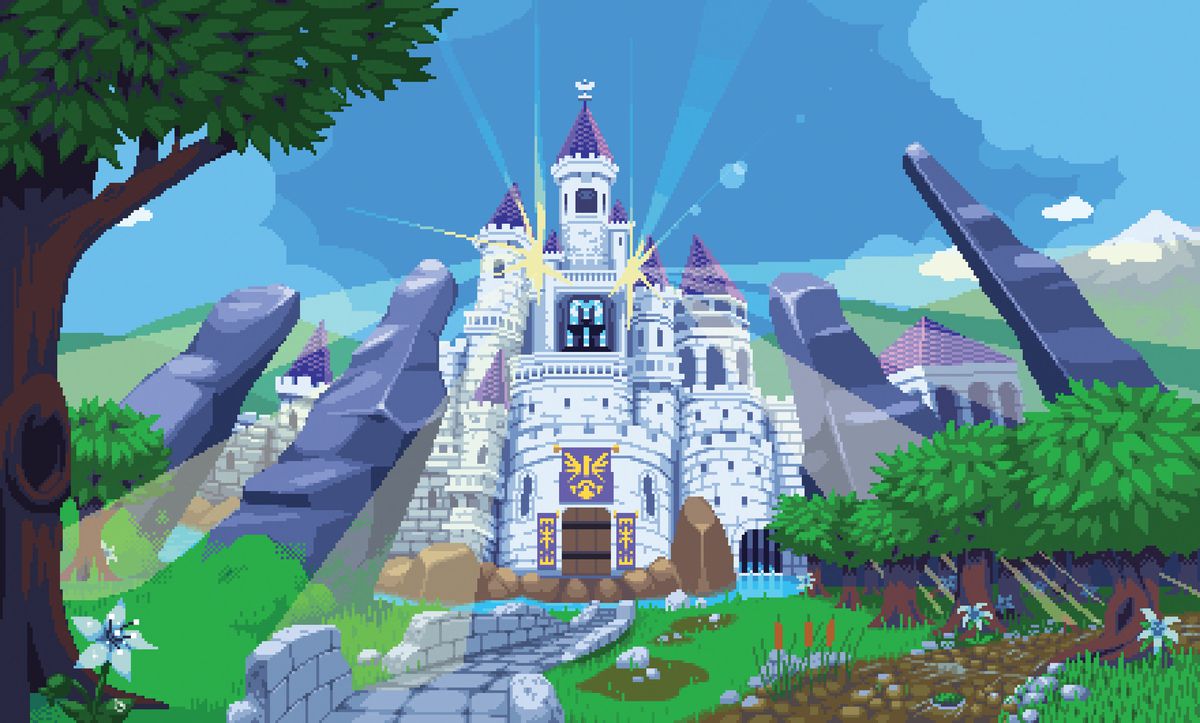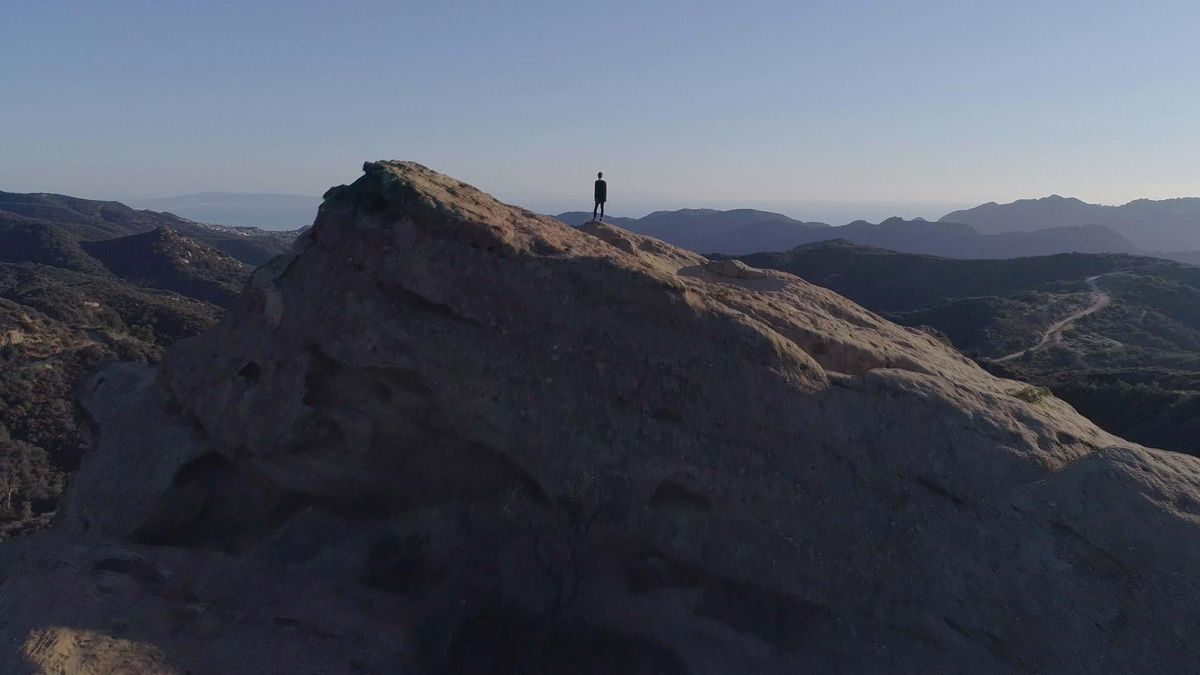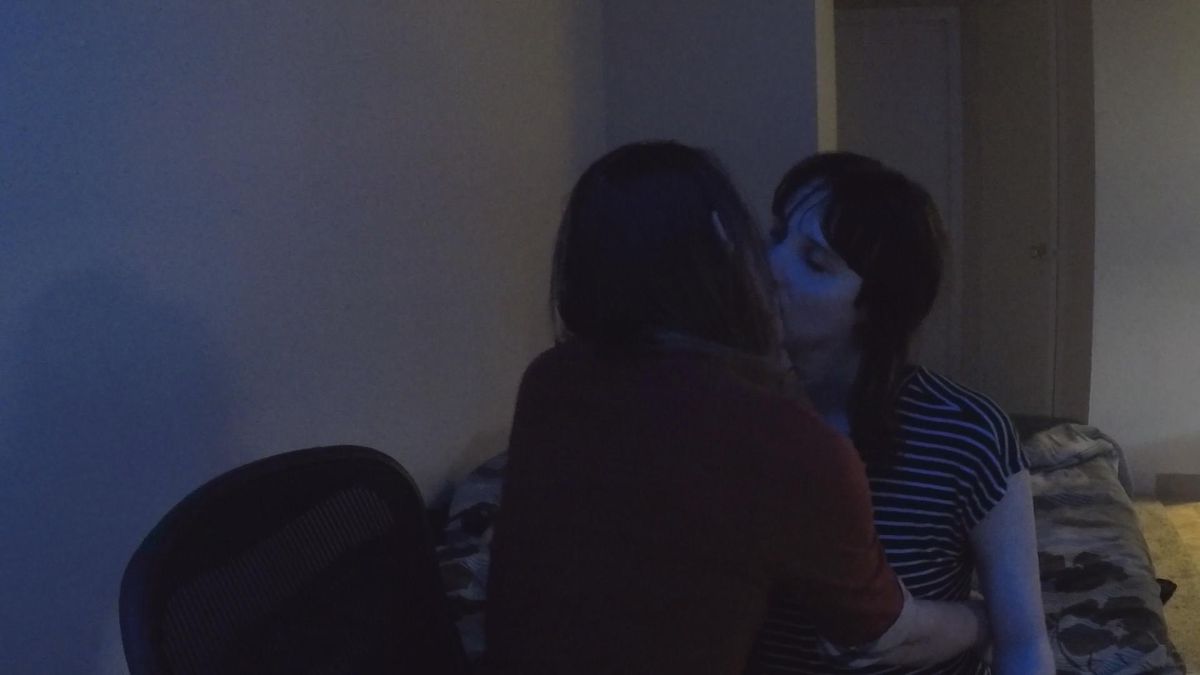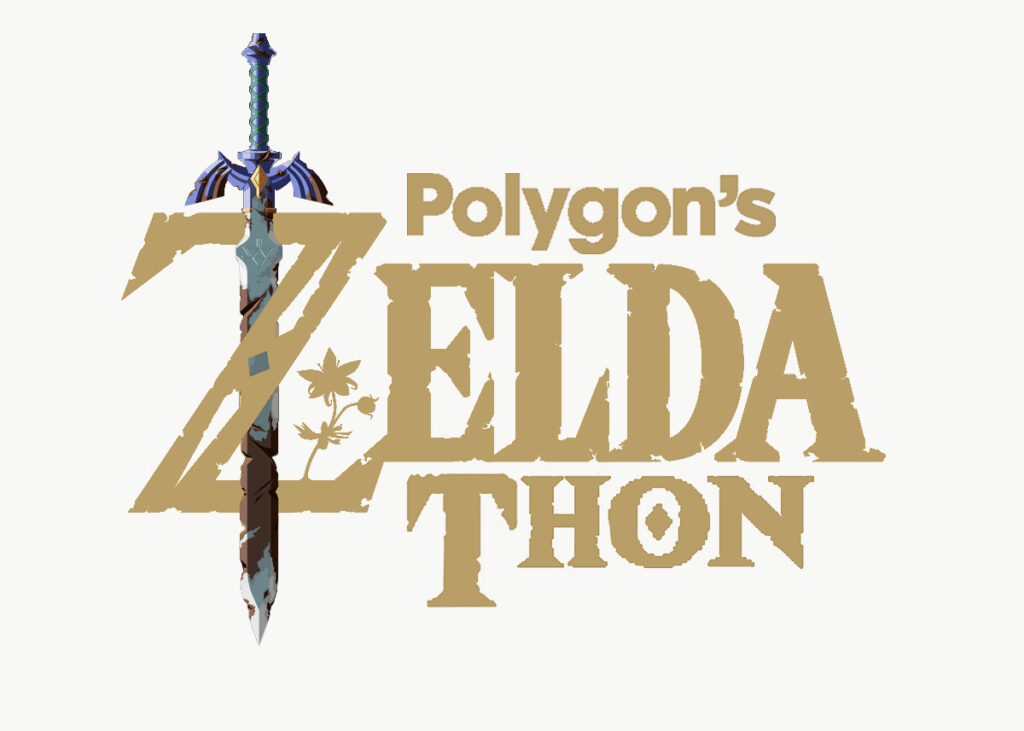In July 2014, gamer Narcissa Wright completed a livestreamed speedrun of The Legend of Zelda: Ocarina of Time, beating the game in just over 18 minutes — at the time, a world record. Wright became famous in the gaming world, tracking audience numbers in the thousands and even making a living from streaming.
Then, in 2015, Wright publicly announced that she’s transgender, and the vitriol from the community that had once revered her became so extensive that her streams morphed from speedruns to mental breakdowns. Before her transition, she had been lavished with positive attention by the community, and lauded for her gaming skill. Suddenly, she began receiving death threats and constant taunts instead, and her streams’ comments were flooded by bigots.
Her struggles didn’t just come from transphobia, though. In the new documentary Break the Game, Wright admits that her obsession with audience numbers, fan adoration, and being the center of attention all contributed to her deteriorating mental health. “I was at the precipice, and now I’m like a fallen star,” she sighs in the film.
In 2023, Polygon is embarking on a Zeldathon. Join us on our journey through The Legend of Zelda series, from the original 1986 game to the release of The Legend of Zelda: Tears of the Kingdom and beyond.
Wright’s deteriorating mental health led to her being banned multiple times from both Twitch and Twitter, most notoriously for tweeting that she wanted to “kill [her]self” and “shoot people at the twitch HQ,” something she says was only ever a self-destructive post, not a serious threat. “I don’t own any weapons and the threat was non-credible. I did feel like self-harming though, and the Tweet was my way of self-harming,” she posted in a now-deleted tweet. Her account remains deactivated.
What’s unique in Wright’s case is how much of her struggle was documented online, first in her livestreams, and now as recorded streams in Break the Game. The film, funded in part on Kickstarter and directed by Jane M. Wagner, documents Wright’s rise to gaming renown, then the rapid decline of her status and mental health, both of which she attempts to tackle by breaking another record with The Legend of Zelda: Breath of the Wild.
In this new quest, she blocks out most of the world. She lives, breathes, eats, and sleeps online, streaming her every move, fluctuating between highs and lows as she both succeeds and fails in her endeavor. When she starts connecting romantically with another streamer, d_gurl, it becomes clear that she won’t be able to ignore real life altogether.
Wagner first discovered Wright via a livestream, and instantly knew she wanted to document Wright’s experience as a trans gamer attempting to break another world record. She was also convinced that her audience should watch Wright’s streams within the movie, rather than listening to a bunch of talking heads describing them.

Image: Pat Ackerman/Tribeca Film Festival
Break the Game is mainly an amalgamation of Wright’s Twitch streams, drawn from more than 30,000 hours of footage. “When I told people in the industry that was my plan, they told me, ‘No, you can’t do that. It’s not cinematic,’” Wagner told Polygon in an interview after the movie’s debut at the 2023 Tribeca Festival. Fortunately, she brushed that advice aside and followed her gut. The result is a unique, insightful examination of gaming culture with equal appeal for gamers and non-gamers, providing authentic insight into a subculture that’s been undergoing rapid change over the past decade.
Wagner’s ideas about breaking with documentary convention is a running theme throughout all aspects of her movie — its story, protagonist, underlying message, and cinematography. Something that particularly stands out is the idea of speedrunning itself as a radical act of defiance.
In Wright’s case, it goes even further — speedrunning can read as a queer act, a trans act. Speedrunning is often about exploiting a game’s weaknesses, using glitches in the code for player advantage. Speedruns are often accomplished by breaking the rules, not adhering to them. “This is one of the things that drew me to both speedrunning and Narcissa — this notion of speedrunning as a punk-rock act,” Wagner says. “You’re taking a game and playing it completely differently from the way the developers intended. Similarly, coming out as trans is considered rule-breaking, at least in the eyes of society.”
Zelda herself is important here, too. Ocarina of Time was not a random choice for Wright. She related to the Zelda character in the Super Smash Bros. franchise. “As she puts it, Narcissa was able to express some of her feelings about gender through her character choice in playing as Zelda,” Wagner explains. “Even Link as a character is very androgynous.”

Photo: Tribeca Film Festival
But Wright wasn’t just gripped by the characters — she found the whole world of Zelda compelling. During film shoots outside of Wright’s livestreams, she and Wagner would sometimes go on walks together. Wagner says Wright would see a flower and exclaim, “Oh, it’s warm safflina,” a plant from Breath of the Wild. The game and her immersion in it became transportive for her, a reference point for her own existence in a world that would not readily accept her for who she was.
Even the way Wright engaged with Twitch went against the platform’s norms at the time — while nowadays, people tend to stream themselves going about their lives, back in 2014, it was unusual to stream anything other than gameplay. Wright, however, would stream herself eating, sleeping, and crying, among other things.
This openness had both upsides and serious disadvantages. One particularly harrowing scene in Break the Game features Wright livestreaming as she talks about feeling low and suicidal. Comments pop up in the chat with viewers threatening to swat her.
When someone then knocks on Wright’s door, the fear is palpable — both hers and ours. It isn’t armed law enforcement at her door, though. It’s a mental health charity offering support. It isn’t totally clear who called them; Wright asks on the stream whether anyone watching is responsible, but doesn’t get a response. Contacting them may have been a well-intentioned act, but the fact that a viewer was able to find Wright’s home address is unnerving.
In scenes like this, the audience is forced to reckon with Wright’s obsession with constantly being online. It doesn’t seem to be doing her any good, yet she apparently can’t help herself. We might reasonably question why she doesn’t just switch off instead of streaming her breakdown to the world. “Just going offline is not the answer,” Wagner explains carefully. “For Narcissa, speedrunning is the thing she’s best at — and she’s proven that. It’s like saying to an athlete like Stephen Curry, ‘Get off the court.’ No. She should be allowed to do what she’s good at.”
But speedrunning isn’t just about finding a calling. “For some people who game, the online world is the only place where they’re able to find community, connection, and acceptance, and be their most authentic self,” Wagner says. In a world that isn’t geared toward introverts, neurodiverse people, or anyone struggling with mental health, the online world represents a kind of freedom. But for Narcissa Wright, it also caused as much harm as it solved. She was caught in a vicious cycle that saw streaming as both the problem and the solution, making it particularly difficult to break.
Wagner believes d_gurl was integral to helping Wright through this tricky period. She represents perhaps the ideal approach to gaming. She’s able to experience all the joys streaming has to offer, like making friends and finding a community, but she’s also able to separate that from real life. d_gurl (whose real name is Alex Eastly) has a job, enjoys going hiking, and is in a band. As Wagner puts it, “She’s able to enjoy being on Twitch without letting it completely consume her.” It’s as if she’s cracked the secret, and as the documentary unravels, she slowly lets Narcissa in on it, too.

“I think one way of breaking a cycle is to have other people in your life who can provide another perspective,” Wagner says. “In the film, you really see how Alex does that for Narcissa. Not only is she there for her, but she opens up her world to her.”
Break the Game received wide acclaim at Tribeca: It was featured in a New York Times roundup of the fest’s best documentaries, with Wagner herself receiving a special jury mention for Best Documentary Director. But Wright was nowhere to be seen. After such a difficult few years, it’s perhaps no surprise that she decided to take some time away from the spotlight, leaving Wagner to handle the press.
Wagner doesn’t mind, though. “I think that for protagonists of documentaries, it can be really challenging to relive traumatic events over and over at screenings, and to continue this parasocial relationship with viewers of the film. I was really proud of Narcissa for recognising what she needed and advocating for herself,” she says. “She’s taking this moment to go on to the next level of her life, so to speak.”
After seeing her unravel on screen, it’s a relief to know that she’s now happy, socializing, and looking after herself. She and Eastly are no longer romantically involved, but they remain close friends. It is a testament to the strength of both their online and offline connection that through it all, they’re still there for each other. “As Narcissa puts it, ‘d_gurl still has my PlayStation,’” Wagner laughs.
Break the Game can be streamed online through the Tribeca At Home online festival through July 2. It is currently seeking a distributor. Polygon will update this feature when the movie has a full release.

